Masterpiece Cakeshop vs. Colorado Civil Rights Commission is an interesting dilemma

More stories from Courtney Collar

These days, people can get fired-up about the littlest things. Stories buzz around gaining controversy faster than ever before, thanks to social media. Recently, everyone is squaring up to fight over a cake.
A cake? Yes. A wedding cake, actually. In 2012, a Colorado baker by the name of Jack Phillips turned away a gay couple requesting a cake for their wedding. At the time, gay marriage was not yet legalized in Colorado. The couple, David Mullins and Charlie Craig, was inflamed and embarrassed. Recently, the case has made its way through the court system to the Supreme Court.
Philips stands behind his decision that started the case, claiming that making a cake for the couple would go against his Christian religion. Furthermore, he refuses to make Halloween cakes in general for the same reason. In a personal account from him on CNN 10, he states that he offered them any cake in the shop, except a wedding cake. Philips doesn’t believe that he discriminated against the sexual orientation of Mullins and Craig. Instead, Philips backs his argument behind his First Amendment rights.
The First Amendment of the Constitution states “Congress shall make no law respecting an establishment of religion, or prohibiting the free exercise thereof; or abridging the freedom of speech, or of the press, or the right of the people peaceably to assemble, and to petition the Government for a redress of grievances.”
The key part of the amendment states that the government grants the freedom of religion and speech to its people. This means that its people are free to worship and practice religion however they should choose, along with express themselves how they should choose whether it be verbally or artistically.
Mullins and Craig feel rather different. In the story of the conflict recalled by both Philips and the couple, Mullins and Craig had just sat down at the wedding table and begun to flip through the booklet when Philips entered the picture. He asked them who the cake was for, and they replied for themselves. Philips turned them away right after. This provides justification to Mullins and Craig’s belief that they were discriminated against for being who they are.
Twenty-five years ago, the voters of Colorado pushed for an Amendment 2 that was designed to nullify all anti-gay protections. The Supreme Court shot the amendment down for unconstitutionality. In the 2015 landmark case of Obergefell v. Hodges, the Supreme Court ruled that the Fourteenth Amendment, under the Equal Protection Clause and the Due Process Clause, guarantees the right to same-sex marriage. Furthermore, this situation violates the Colorado Anti-Discrimination Act, which prevents discrimination on the account of many things, including sexual orientation.
The case is currently named Masterpiece Cakeshop vs. Colorado Civil Rights Commission. It has been relisted to the Supreme Court fourteen times. On the last day of session last June, the court agreed to hear the case this fall. Last Tuesday, the fifth of December, the case was finally heard in Court.
Who the Supreme Court will side with is a difficult question. The appeal in lower courts had always been the same: Philips is discriminating and therefore should make cakes for everyone regardless of his religious beliefs. To avoid both jail time and going against his beliefs, Philips has stopped making wedding cakes altogether.
A popular belief is that the case will take a sharp turn to the political side of the world. Currently, there are five Republican justices and four Democratic justices. For those who rarely follow politics like myself, the Democratic party tends to be in favor of the freedom and rights of sexual expression. Justice Anthony M. Kennedy, who is aligned with the Republican party, holds the key swing vote, and many people are predicting the Court will rule for Philips.
However, there is no good way to settle this case. It is essentially pitting the First Amendment against the Fourteenth Amendment and any civil rights amendments.
Personally, I stand by Mullins and Craig. If the Court sides with Philips and the First Amendment, then it is opening the door to discrimination and is diminishing all the work the LGBTQ community has done. Who knows? The discrimination might not stop there. The subtext in this case is that if Philips wins, then private business owners can turn people away for whatever they choose. Businesses could turn away people based on gender, ethnicity, color, and a wide variety of other things. I hate to say it, but we don’t want to recede back to the racist ways of the 1900s.
Furthermore, while we have freedom of religion and speech, it is only to a certain extent. A person’s religion does not allow them to commit crimes without consequences simply because it is their religion. Religion is only protected to the extent that it does not cause harm to a person. The same applies to the freedom of speech or expression. A person can’t go around screaming “FIRE” in a crowd simply because they have First Amendment rights. A line must be drawn somewhere. Although where that “somewhere” is, is hard to say.
On the other hand, it is unfair to take away some of the basic rights of citizenship, like what would be done if the Court sides with Mullins and Craig. A cake is not an ordinary good and is an artistic expression. By siding with Philips, a person’s basic right to expression will be protected, despite the violation of the Fourteenth Amendment.
In the end, people will be people; they are going to have their own opinions and prejudices. Whether it is showing the world you are proud of who you are through marriage to your partner or staying dedicated to your religious beliefs, everyone should be able to express themselves freely. Without a doubt, the next 74 days will be difficult for the Supreme Court.

Courtney Collar is a senior and is entering her second year on staff for The Central Trend. In her spare time, you will find her dancing for FHC's varsity...














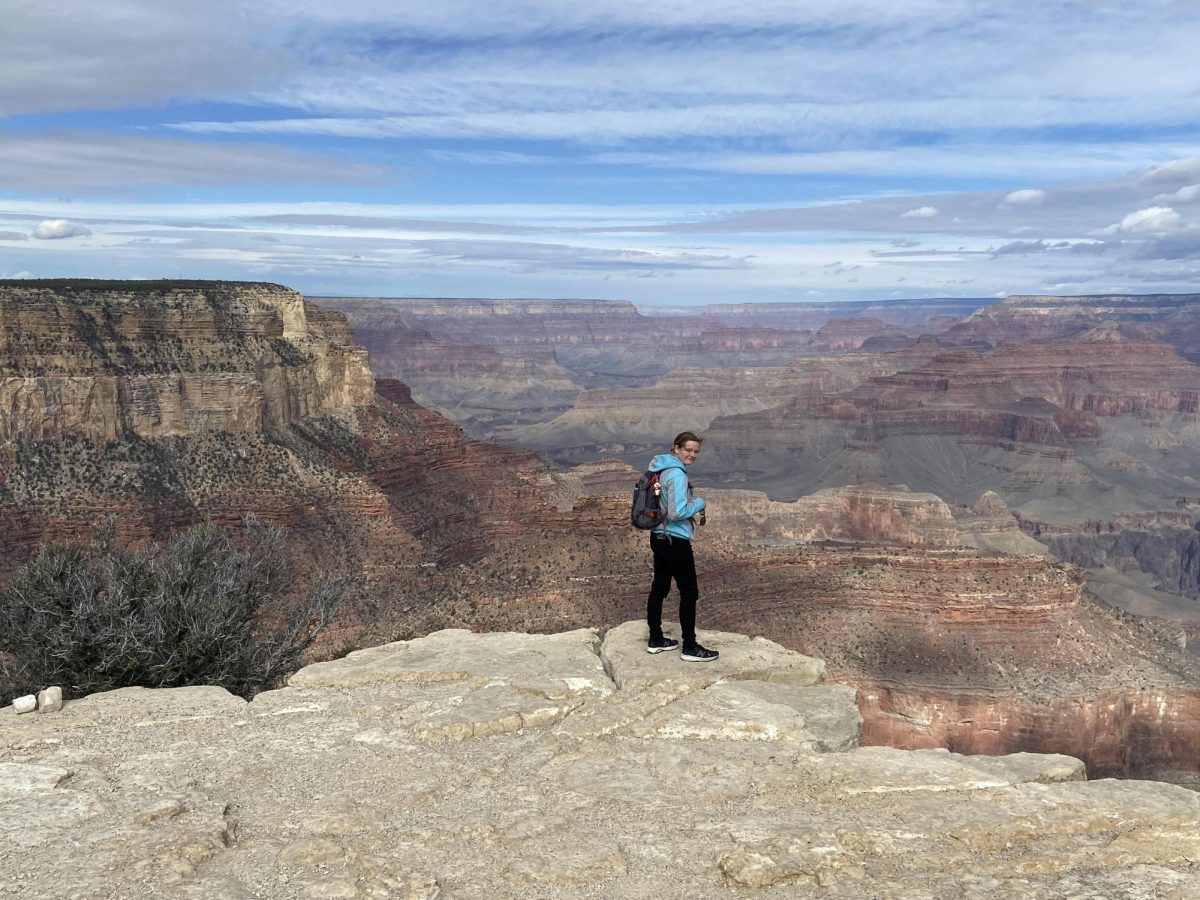

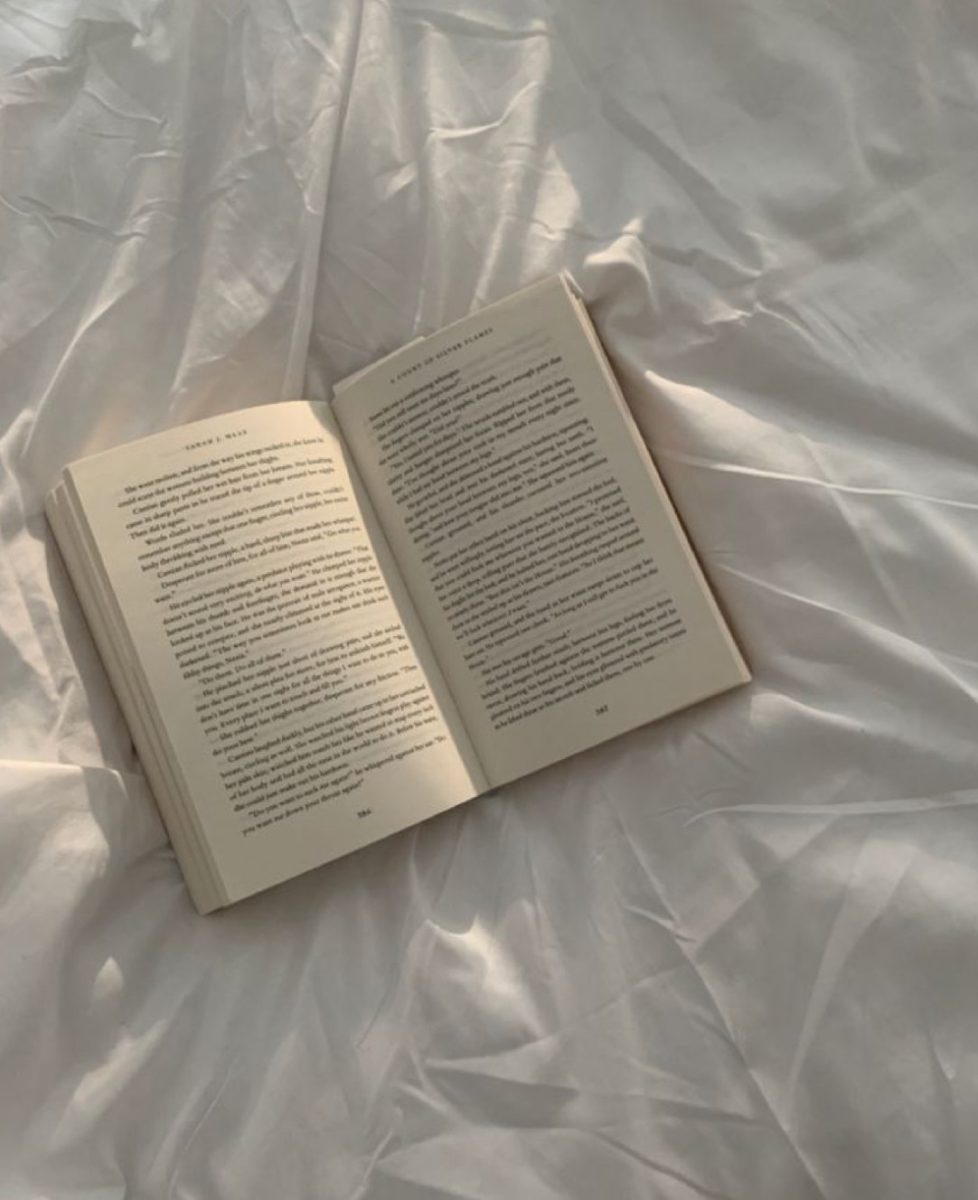
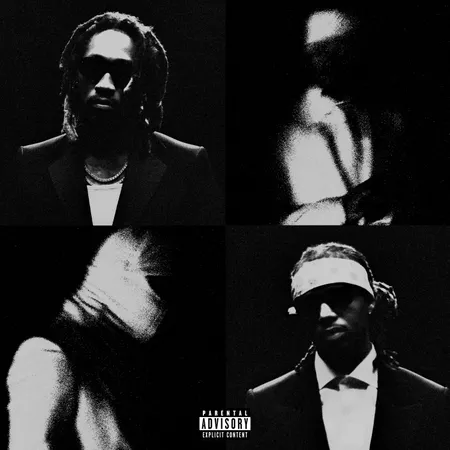

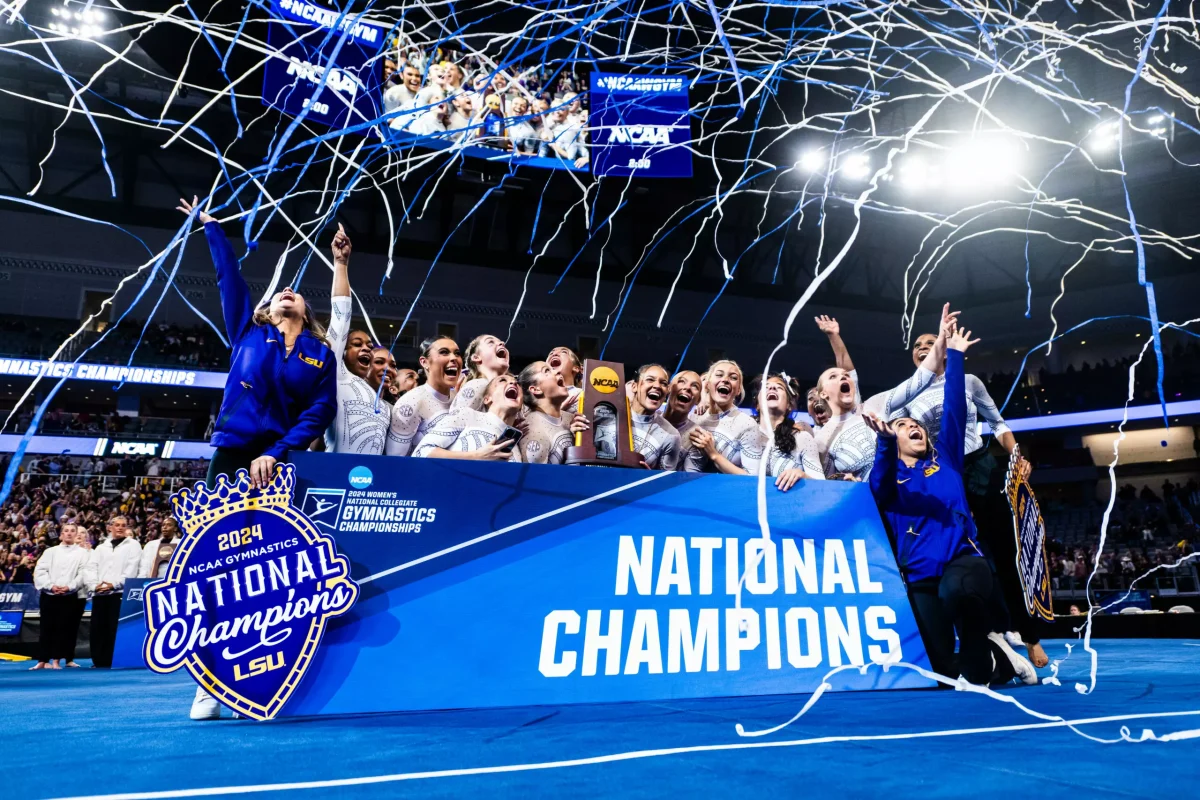





















































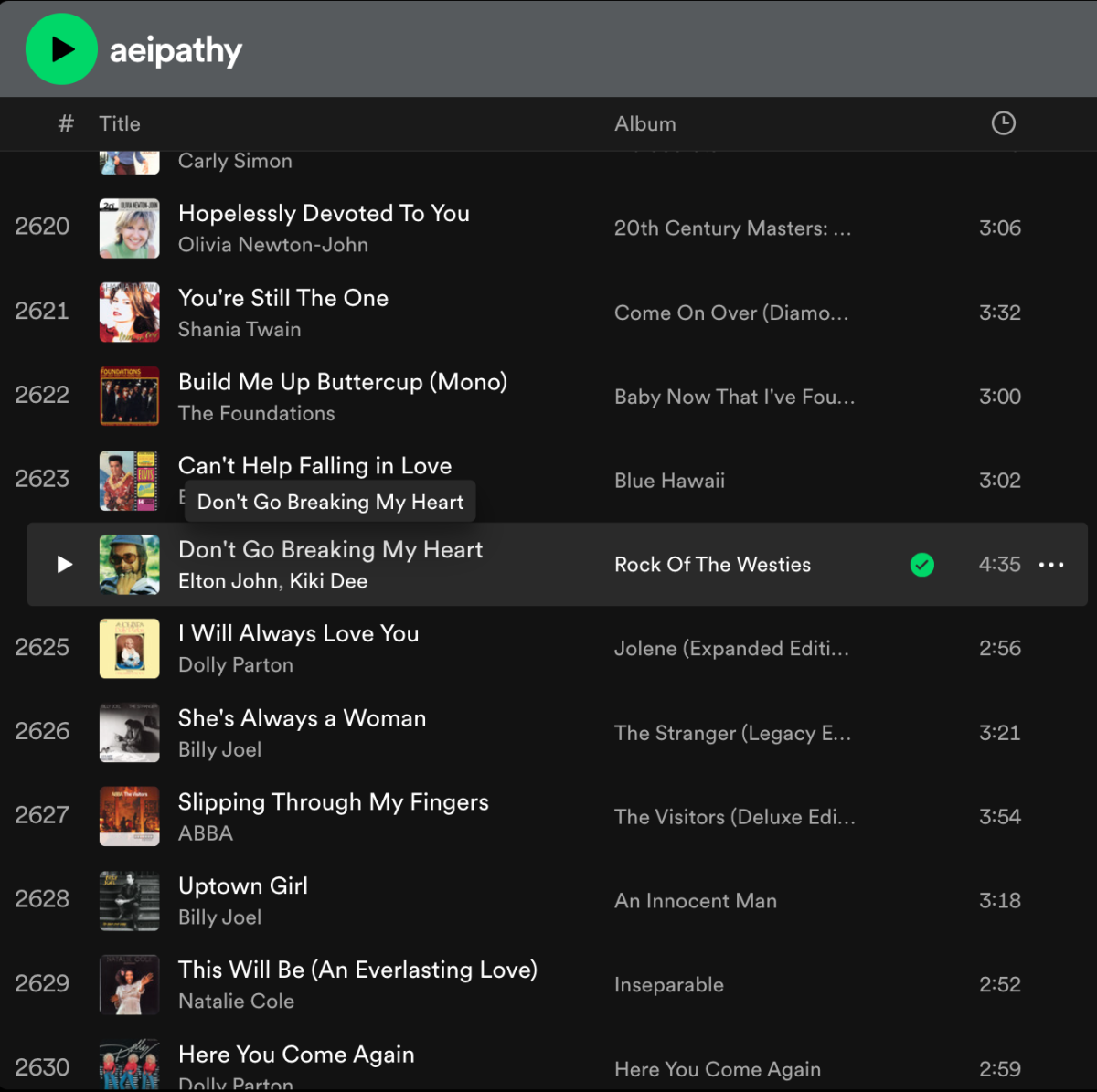

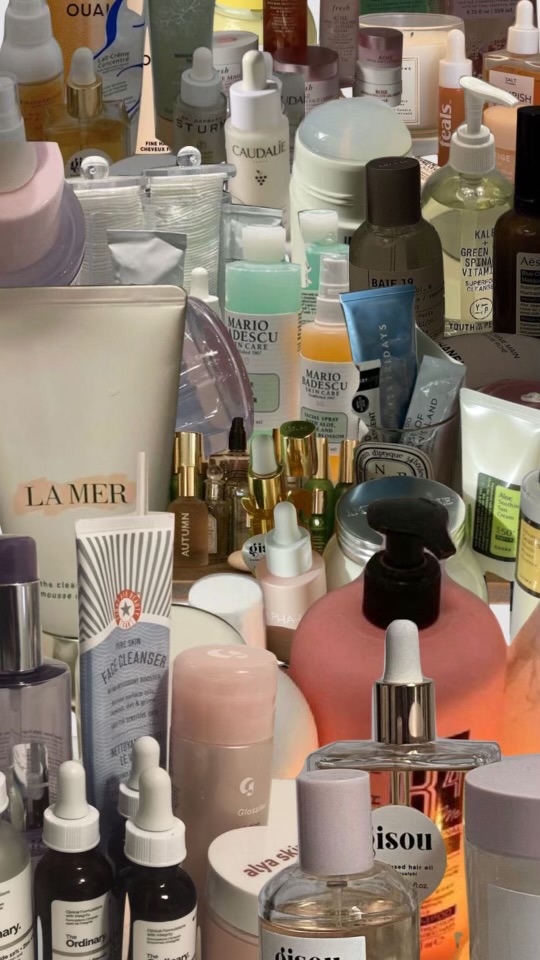








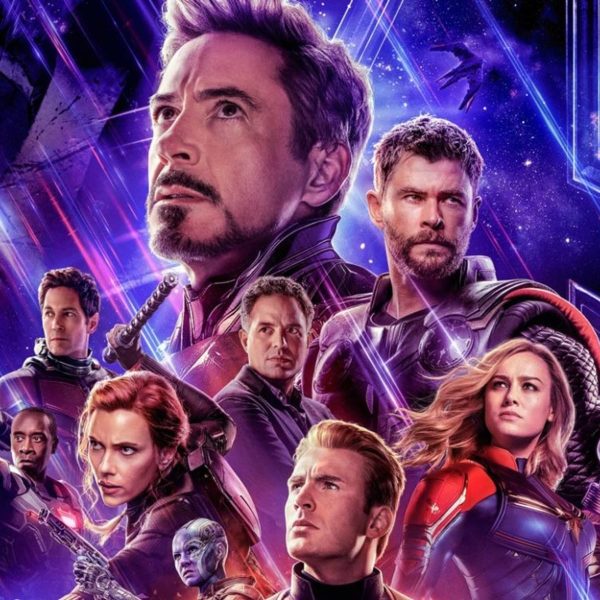
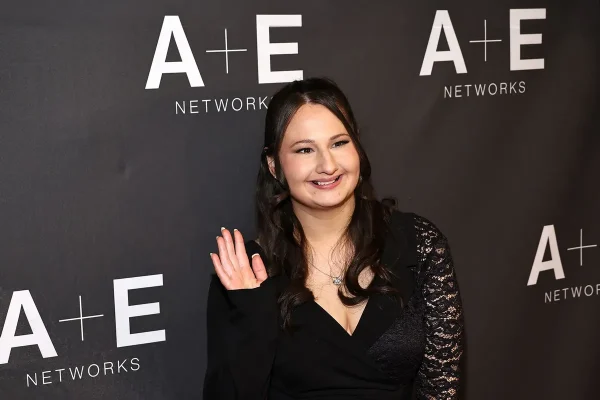

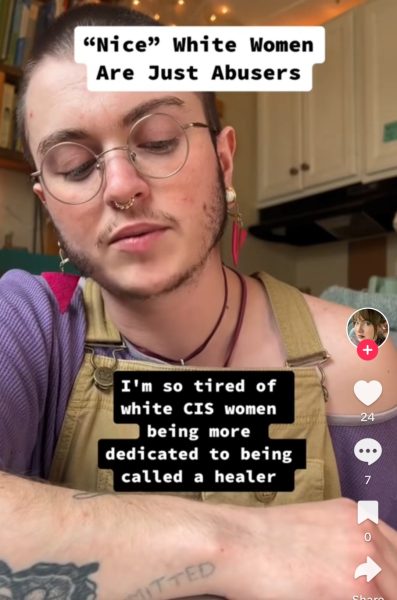

Ella • Dec 13, 2017 at 9:27 am
I love this piece! Great job Courtney!
Trdimeg • Dec 12, 2017 at 7:39 pm
I LOVE THIS!!!! You did an amazing job with this!!! I Love what you have said! It sums up my thoughts as well!!